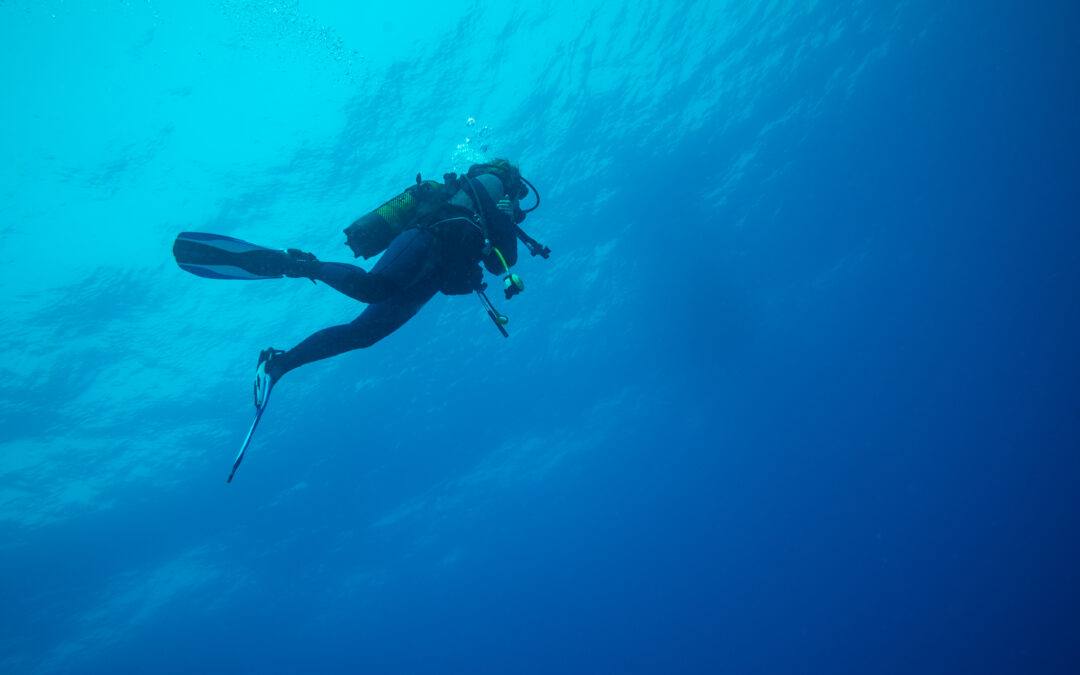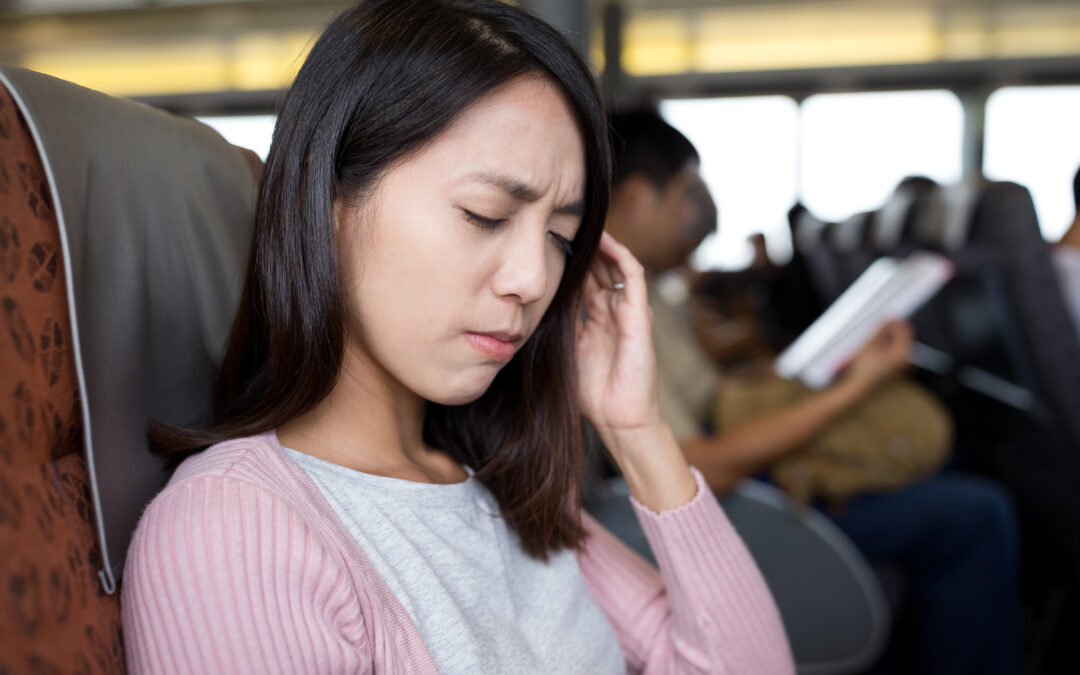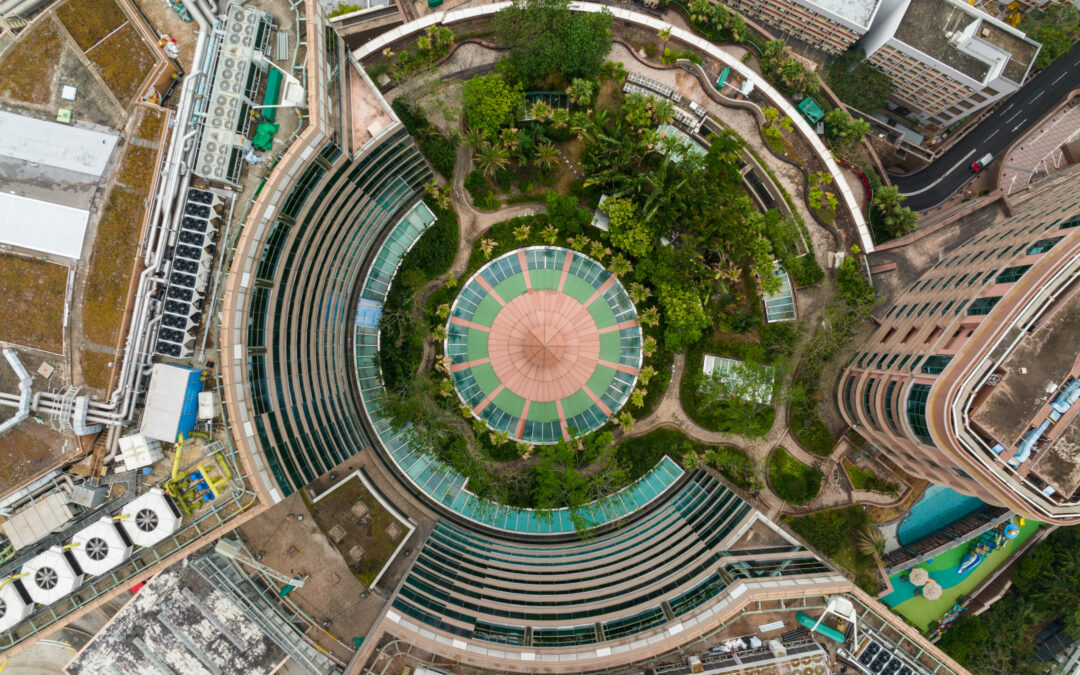
Whether you opt for a short road trip or a journey across the globe, here are a few pre-travel tips to consider and some important items to check to ensure that your vacation goes smoothly and your home is in great condition when you return. Be sure to address these six household items before leaving for vacation.
1. The Refrigerator
Perhaps one of the worst things to come home to is a smelly house. Prevent lingering odors by throwing out any expired food in your fridge. If you find food that’s going to expire while you’re away, air on the safe side and throw that out as well. Leave an open box of baking soda in your fridge door to absorb any other odors from your foods. In addition to the food in your fridge, make sure you remove fruits and vegetables from your kitchen countertops. Most fruits have a shelf life of three to five days and can attract fruit flies once they start rotting, so be sure to throw these out before leaving.
2. All Trash Cans
In line with making sure your house doesn’t smell when you return, throw out all trash in your house. This includes trash from your bathroom, living room, and kitchen. Not only will this help you avoid putrid smells upon returning, but it also prevents pests from moving in while you’re away. If you can, leave your trash cans outside so you don’t risk pests getting into your garage.
3. The Thermostat
Any time you go on vacation, it’s a good idea to change the temperature on your thermostat to save energy and money. If you have a programmable thermostat, set it to 85 degrees Fahrenheit in the warmer months and 50 degrees in the colder months. Whatever you do, don’t turn your thermostat off: Without the help of air conditioning, mold and mildew can develop if the indoor climate of your house becomes humid.
4. The Main Water Supply and Your Water Heater
If you’re going to be gone for more than a week, it’s a good idea to turn off your main water supply. Closing the valve on the main supply line cuts off water to the house but still allows outside sprinklers to work. In addition to turning off the water supply, set your water heater to “vacation mode,” which will allow you to save energy while still avoiding frozen pipes.
5. Lights
One simple step you can take to deter break-ins is to put all of your lights on timers. You can do this with traditional analog timers or smart bulbs that can be controlled from your smartphone. You’ll be able to control lights remotely and put them on a different schedule every day to simulate someone being home.
6. Major Systems and Appliances
The last thing you want to do is leave for a two-week trip and come back home to a puddle surrounding your refrigerator or dishwasher. To avoid this kind of frustration and property damage, closely examine your appliances for leaks at least two weeks before you leave. If you find a leak, get it fixed as soon as possible. Most home warranties will cover repairs for major systems and appliances, so check this first before hiring a technician to fix the issue. Though a repair might take some time, it’s the better option compared to the damage that water can do if left alone to settle on your floor for a significant amount of time.
In addition to leaks, check and make sure your HVAC system is working (you don’t want it to go out and cause mold to form in your home), your smaller appliances are all unplugged and won’t start an electrical fire, and nothing seems out of place.

